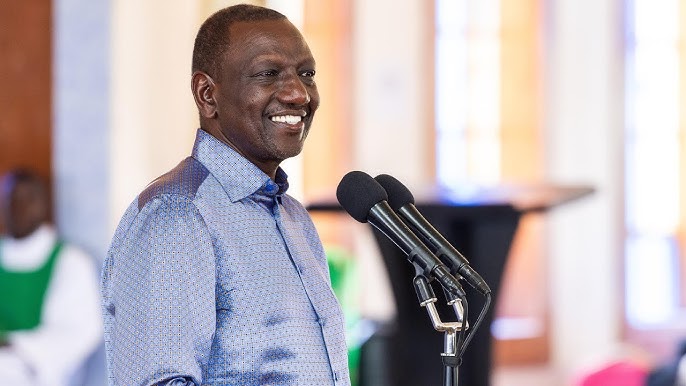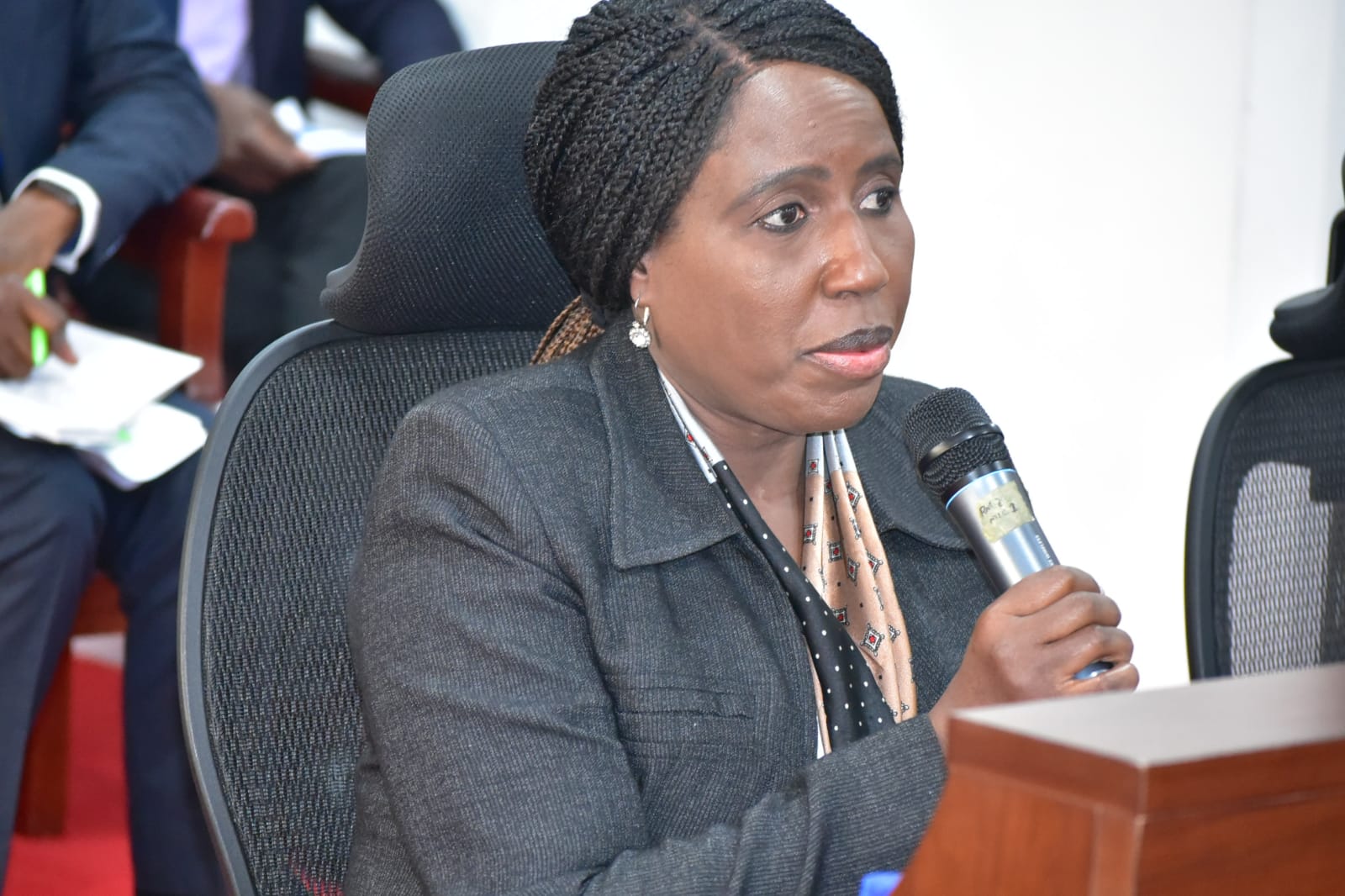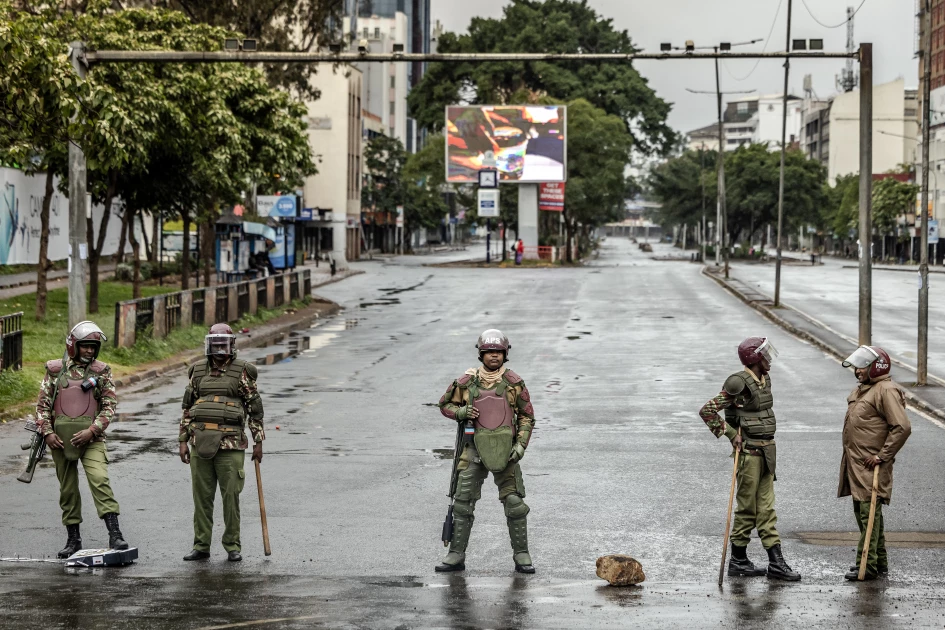President William Ruto has returned the 2025 Conflict-of-Interest Bill to Parliament, demanding sweeping amendments to close loopholes and impose stricter rules on public officials and their families doing business with the government.
In a detailed memorandum to the National Assembly and Senate, the President declined to assent to the Bill, citing its failure to impose stringent penalties and safeguards against abuse of office. He urged lawmakers to reconsider and expand the legal definitions of “family” and “relative” to ensure that public officers cannot use proxies to benefit unlawfully from state contracts.
“The absence of definitions of the words “family” and “relative” limits the scope of the Bill. Public officers can bypass conflict-of-interest restrictions by using family members and relatives as proxies, thereby compromising the integrity of the framework,” states the President’s memorandum.
President Ruto proposes that “family” be defined to include a spouse, dependent children, parents of the public officer, and dependent children or parents of the officer’s spouse. “Relative,” on the other hand, should encompass individuals related by birth, marriage, adoption, or affinity.
Under the proposed changes, family members and relatives of public officers would be prohibited from conducting business with national and county governments. According to the President, any such dealings would constitute a conflict of interest under the revised legal framework.
He emphasized that the existing Bill falls short in preventing the indirect enrichment of public officials and undermines the fight against corruption.
Another key proposal is to empower the Ethics and Anti-Corruption Commission (EACC) to initiate proceedings for the forfeiture of undeclared or unexplained assets. The President suggests that an “undeclared asset” be defined as any asset deliberately left out of required disclosures by a public officer.
“Public officers may conceal assets acquired through conflict of interest by failing to declare or explain such assets. It is therefore important to empower the Commission to initiate forfeiture proceedings,” the President noted.
To enhance transparency, President Ruto recommends that public officers be required to declare any gift or favour accepted by a family member or relative within 48 hours. The declaration should include details about the donor, the nature of the gift, and the circumstances under which it was given.
The President also urges Parliament to provide a clear definition of “material change” in relation to the declaration of income, assets, and liabilities. He proposes that the term include at least a 25% increase or decrease in value, the disposal or acquisition of an asset or liability, a change in marital status, or a change in appointments to directorships, companies, partnerships, or memberships in societies and foundations.
“The lack of a definition leaves the term open to subjective interpretation and weakens enforcement,” President Ruto stated.
A significant concern raised by the President involves Clause 20 of the Bill, which currently only restricts public officers from acquiring an interest in entities contracting with their own reporting entity. Ruto proposes that this be expanded to include any business or legal entity contracting with any government institution.
“A conflict of interest arises when a public officer does business with the reporting entity where they are employed or influences the award of a contract in that entity. The clause must also address the perception that a public officer can influence contracts across government,” he added.
The President’s rejection of the Bill follows his earlier call during the State of the Nation address on 21 November 2024 for Parliament to expedite its passage. While the Bill was eventually approved by both Houses, the President insists it must be strengthened to meet its intended purpose.
“Now therefore, in exercise of the powers conferred upon me by Article 115 of the Constitution, I decline to assent to the Conflict-of-Interest Bill, 2025, and refer the Bill for reconsideration,” he wrote.





